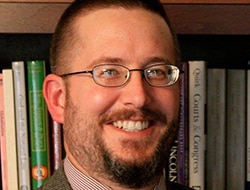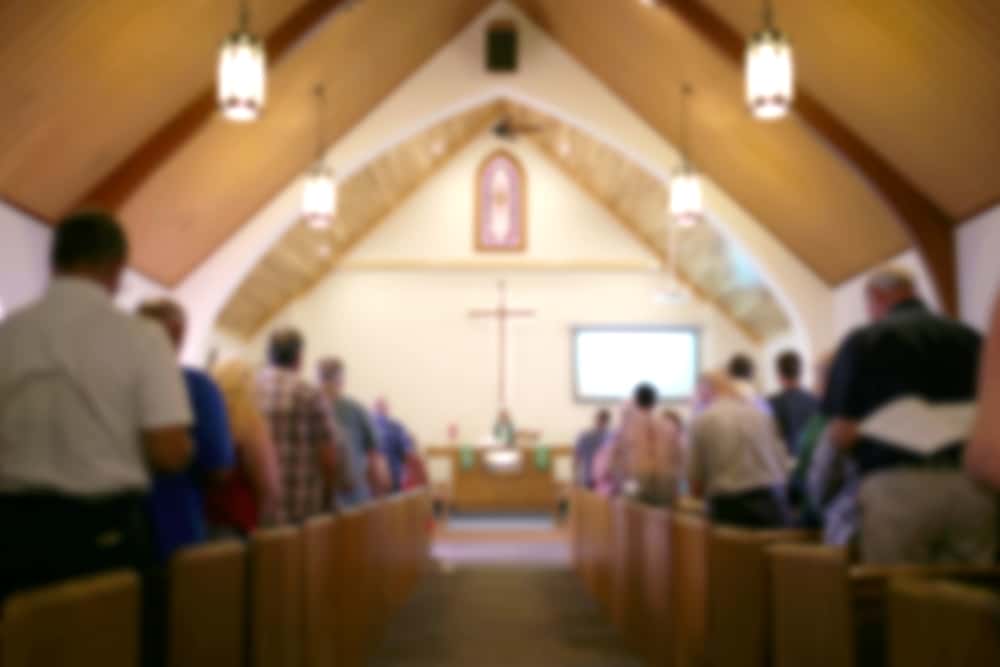
Judging by Facebook, the most common explanation for why two dozen or so states are easing restrictions despite not meeting the guidelines issued by the Trump administration for doing so is “We can’t go on like this.” It’s a line that predated COVID-19, uttered by people who are frustrated with current conditions but who can’t figure out not just the best way forward, but any way forward. When everyone acknowledges that the status quo is untenable, the temptation is always to return to the status quo ante.
We’re starting to hear these words among Catholics, as well — not just concerning stay-at-home orders that are affecting the economy, but the suspension of public Masses and restrictions on the other sacraments. And the good news is that in many parts of the country, dioceses are figuring out ways to move forward. But Sunday Masses in full churches with choirs and missalettes and Communion under both kinds and the sign of the peace and coffee and donuts afterward — that’s gone, not just for weeks but for months, and possibly for a couple of years.
We Catholics are creatures of habit, which can be a good thing — liturgy, ritual is habit by another name — but can be a bad one as well. Most of us have had the experience, at least once in our lives, of reciting the Gloria or the Nicene Creed or even the Our Father, and suddenly stopping short, because we’ve forgotten the next word. We’ve been praying on autopilot, and (I like to think) our guardian angel has whacked us upside the head, as if to say, “Wake up, buddy. Get your mind back in the game.” To which, as if to prove his point, we’re likely to reply, “And also with you.”
While we’ve been deprived of the Mass and the Eucharist, we’ve been saying, “We can’t go on like this” (even though, of course, persecuted Christians for two millennia have done just that). As we go back into our churches over the next month or so (depending on where we live), and we experience Masses with limits on worshippers and social distancing and face masks and elaborate traffic patterns for Communion, many of us are going to utter those same words: “We can’t go on like this.”
But God works in mysterious ways, and we can simultaneously acknowledge that he didn’t create this pandemic while also considering whether we might see some of its consequences as his way of telling our guardian angels to whack us upside the head, as if to say, “You can’t go on like this.”
We can’t go on, taking the Eucharist for granted, every one of us getting up and getting into line whether our last confession was the day before or 20 years ago. We can’t go on, reciting prayers on autopilot while thinking about the ballgame later that afternoon, or what movie we’re going to go see. We can’t go on, assuming there will always be a Sunday Mass at a parish that will always be there, with a priest whose service we’ve taken for granted even as we’ve chafed whenever he tentatively mentioned the need to support our parish with our time, talent and treasure.
We aren’t returning to the status quo ante, because we can’t return to the status quo ante. We need to wake up and look around our radically changed parishes and ask ourselves what Christ is calling us to do, how he is calling us to renew our faith, to break out of old habits, to recreate our parish community, and to embrace once again our central calling as Christians: to make disciples of all nations.
Because one thing is clear: We can’t go on like this.
Scott P. Richert is publisher for OSV.





